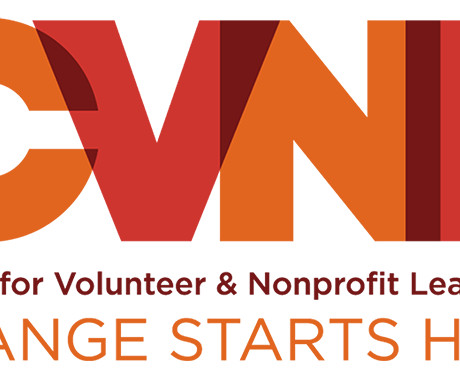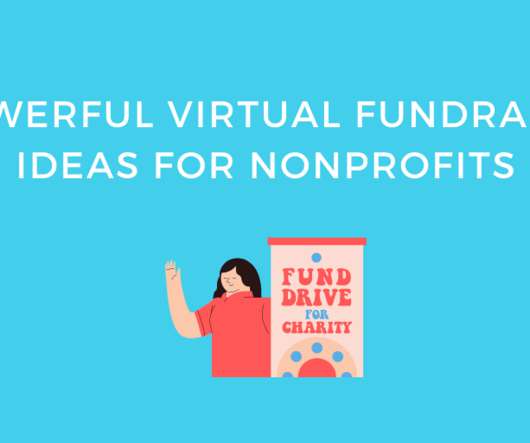The Societal Role of Social Entrepreneurship
Stanford Social Innovation Review
OCTOBER 2, 2024
By Theodore Lechterman & Johanna Mair The field of social entrepreneurship often takes its normative foundations for granted. Social enterprises seek to address social problems using business strategies. Understanding how social innovation directly affects people’s lives is essential.



















Let's personalize your content